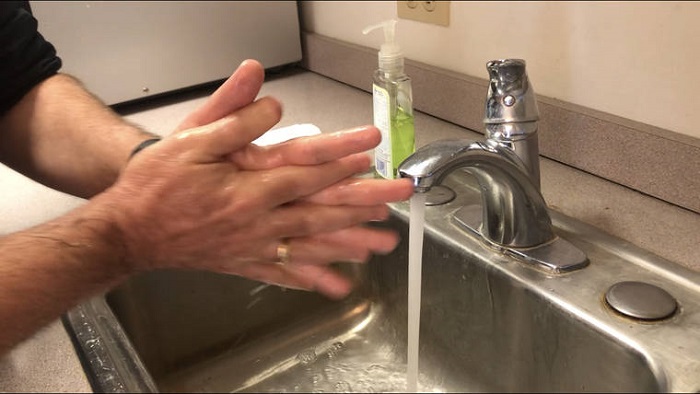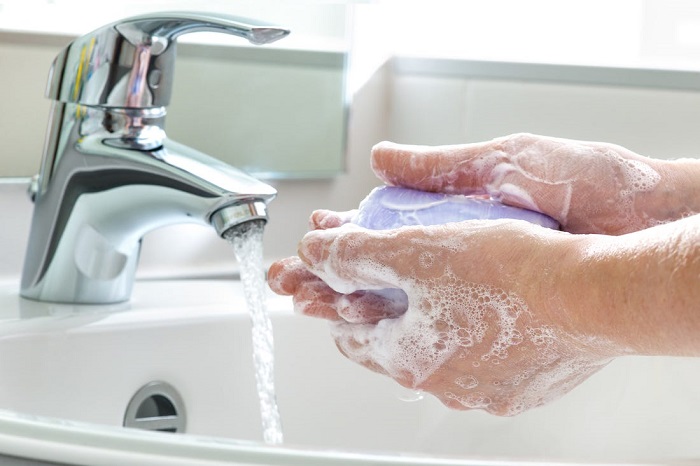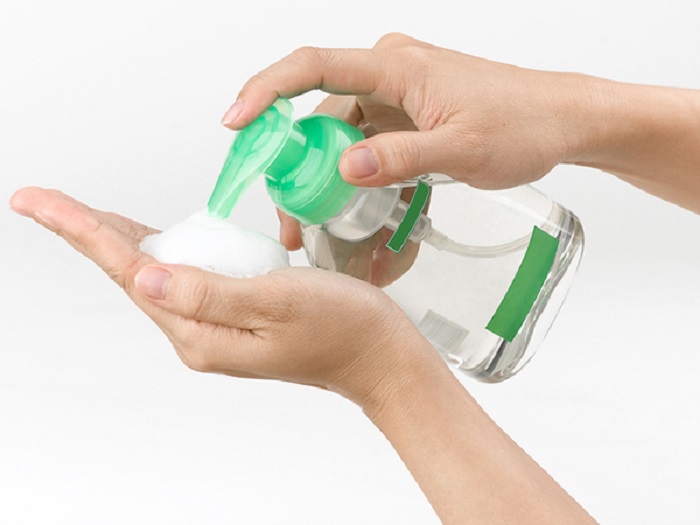Handwashing is considered basic hygiene care, but it is essential to avoid the spread or transmission of different types of infectious diseases, especially after being in environments with a high risk of contamination, such as a public bathroom or hospital, for example.
So washing your hands correctly is very important to eliminate viruses, bacteria, organic matter and dirt that can be on the skin and cause infections in the body.
Are you over 50? These health tests could be life-saving
What is the importance of washing hands?
Washing your hand s is a significant step to fight infectious diseases, either by viruses or bacteria. This is because many times, the first contact with a disease occurs through the hands, which, when brought to the face and come into direct contact with the mouth, eyes and nose, transmit the microorganisms found there and start the infection.
Some of the diseases that can be easily avoided with handwashing include:
- Flu and colds
- Hepatitis A
- Leptospirosis
- Escherichia coli infection
- Toxoplasmosis
- Salmonella sp infection
In addition to this, any other type of infectious disease or new infection can also be combated by hand washing.
Handwashing technique
The 8 most important steps to follow to wash your hands include:
- Put soap and clean water on the hands
- Rub the palm of each hand
- Rub the tips of your fingers into the palm of the other hand
- Rub between the fingers of each hand
- Rub the thumb of each hand
- Wash the back of each hand
- Wash the fists of both hands
- Dry with a clean towel or paper
A good tip at the end of washing your hands is to use a piece of paper to turn off the water faucet, thus avoiding coming in contact with the bacteria that were there when the faucet was opened.
What type of soap should be used?
The most suitable soap for washing hands daily, at home, school or work is ordinary soap. Antibacterial soaps are used in clinics and hospitals or when you are caring for someone who has an infected wound, such as an eschar, for example, which are common wounds that arise in bedridden people.
Gel alcohol and disinfecting substances are not the best options for disinfecting hands on a daily basis and may be more useful when you have a small container of antiseptic gel or alcohol gel in your wallet or backpack to clean the toilet that he uses at school or work, before sitting down, for example.
When should you wash your hands?
Hands should be washed at least 3 times a day. Still, it is also necessary to always wash after using the bathroom or before eating, thus avoiding diseases such as gastroenteritis, which are caused by viruses that are easily transmitted from a person to another through fecal-oral contact.
So to protect yourself and others, it is important to wash your hands in the following situations:
- After sneezing, coughing, or touching your nose
- After touching animals or their feces
- After touching the trash
- Before and after changing the diaper of the baby or a bedridden person
- Before and after visiting a sick person
- Before and after going to a hospital
- Before and after playing on wounds and
- As long as the hands are dirty
Handwashing is especially indicated in people who care for babies or people who are bedridden or who have a weakened immune system due to diseases such as AIDS or who are undergoing treatment for cancer because these people are at increased risk of getting sick, recovery is more difficult.
Is it good to use the antibacterial gel?
Antibacterial gel and disinfectants are not the best options for keeping hands disinfected during the day, but it might be helpful to have a small packaging of alcohol gel or antiseptic gel inside the bag to clean the toilet you use at school. or at work before sitting down, for example.
What type of soap should be used?
The most suitable soap for washing hands daily, both at home, school or work, is ordinary soap. Antibacterial soaps are mainly used in clinics and hospitals, or when caring for someone with an infected wound, such as bedsores, which are common wounds in bedridden people.





